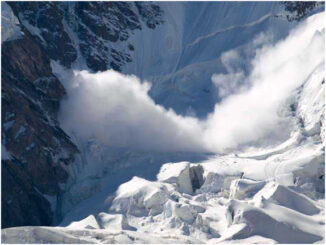A new study sponsored by McGill University investigates why persons living in Atlantic regions are more likely to develop melanoma than other Canadians, providing lessons on skin cancer prevention for the entire country.
Rates of melanoma, a deadly form of skin cancer, have been rising globally, including in Canada. Current estimates indicate that up to 1 in 3 Canadians will develop some form of skin cancer during their lifetime. While some Atlantic provinces such as Prince Edward Island (PEI) and Nova Scotia have the highest incidence rate of melanoma in the country, neighbouring provinces like New Brunswick and Newfoundland and Labrador have rates below or comparable to the Canadian average.
To find out why, the researchers compared UV exposure and behaviours among different groups in Atlantic Canada based on income, education, and gender, among other factors.
Higher-income individuals more at risk for melanoma.
The study found that higher-income individuals had an increased risk of melanoma. Risk factors contributing to this include more lifetime sun burns, tanning bed use, and being tanned. Similarly, individuals with university education had higher rates of recreational sun exposure but were less likely to use tanning beds.
“A higher socio-economic status is known to be associated with more vacations in sunny climates and recreational tanning, which likely ultimately drives melanoma incidence in this population,” highlights Dr. Ivan Litvinov, an Associate Professor in the Department of Medicine and Chair of the Dermatology Division at McGill University.
However, the study also showed that individuals earning less than $50,000 a year were more likely to work outdoors and experience occupational sun exposure, placing them at a higher risk of developing skin cancer. These findings suggest that policies to protect outdoor workers could help reduce melanoma risk, say the researchers. Source: ANI
© The Indian Panorama





Be the first to comment